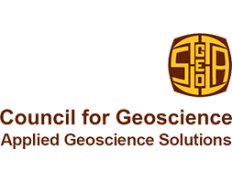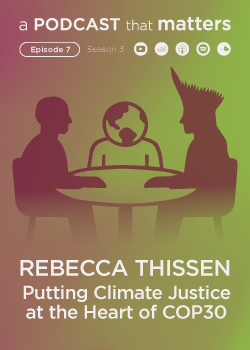Print

Council for Geoscience
General
Jobs • 0
Shortlists/Awards • 6
Pricing strategy • 0
Partners/Competitors • 22
More
General
Jobs
Shortlists/Awards
Pricing strategy
Partners/Competitors
Tenders
Details
Legal residence:South Africa
Organization type:Government agency
Funding agencies: Other
Sectors: Civil Engineering, Energy, Environment & Climate, GIS, Mapping & Cadastre, ICT & Telecommunications, Research & Innovation
Nr. of employees:201-500
Status:
Active
About
The Council for Geoscience (CGS) is one of the National Science Councils of South Africa and is the legal successor of the Geological Survey of South Africa, which was formed in 1912 by the amalgamation of 3 former Surveys, the oldest of which - the Geological Commission of the Cape of Good Hope - was founded in 1895. The Geoscience Act, Act 100 of 1993, established the CGS in its present form. The Act was later amended in 2010 to establish the Geoscience Amendment Act (Act No. 16 of 2010).
As a scientific research council, the CGS is mandated to provide for the promotion of research and the extension of knowledge in the field of geoscience as well as the provision of specialised geoscientific services. The Council has a national footprint in the country, with the Head Office located in Silverton, Pretoria and various other Regional Offices located in Polokwane (Limpopo), Cape Town (Western Cape), Pietermaritzburg & Durban (Kwazulu Natal), Port Elizabeth (Eastern Cape) and Upington (Northern Cape). Today, the Council is a modern institution, boasting excellent facilities and expertise, ranking among the best in Africa. The CGS provides the following substantially different professional services:
- Geophysical Airborne and Ground Surveys,
- Geophysical data acquisition, processing and interpretation (Airborne and Ground),
- Engineering Geosciences (including Geotechnical Services),
- Mineral Resources Development including Mining and Minerals Services,
- Water Geoscience/Hydrological Services,
- Environmental Management and Rehabilitation,
- Marine Geology including Port Surveys,
- Spatial Data and GIS Services; and
- Regional Geological Surveys and Map compilations including Core Drilling Services
As the custodian of South Africa's geoscience data the Council for Geoscience has regional aeromagnetic, radiometric and gravity coverage of the country. The Council for Geoscience is involved in collaborative research projects that form part of its annual programme. These projects keep the Council for Geoscience abreast with developments in the geosciences field.
Areas Of Focus/Competence
Core Competencies and Technical Facilities
The strength of the CGS lies in its core of competent geoscientific and technical staff, encompassing virtually all the disciplines of the geosciences. The core competencies of the organisation include:
- Geological, geophysical, metallogenic, geotechnical and geochemical mapping, surveys, and services
- Mineral resource data collection, evaluation and assessment
- Engineering geological site investigations
- Seismic monitoring
- Seismic hazard assessment
- Speciaised drilling for water supply, exploration, engineering and environmental assessments
- Groundwater resource assessment and pollution Investigations
- Coastal erosion studies
- Marine geology
- Environmental impact assessments
- Isotope geochemistry and geochronology
- Analytical services (wet-chemical determinations; atomic absorption spectroscopy), optical and electron microscopy; petrographic descriptions, mineralogy, X-ray diffractometry; X-ray fluorescence
- Palaeontology
- Geographic Information System development and spatial database design
- Data analysis; geoscience database design, development and management
- Data integration, processing and the creation of customised products
- Cartographic services
- Information management and dissemination; library services; promotion of public awareness on the impact of geology on daily human activities
- Compilation and publishing of geoscientific maps and publications in various formats
- Collections management (museum, core library, scientific collections); graphic design and exhibitions.
Top partners

Top competitors


Associated Experts
There are no experts associated to this organization.

Similar Companies
By Sectors and Organization Types
Country:
Papua New Guinea
Awards:
0
Jobs:
0



